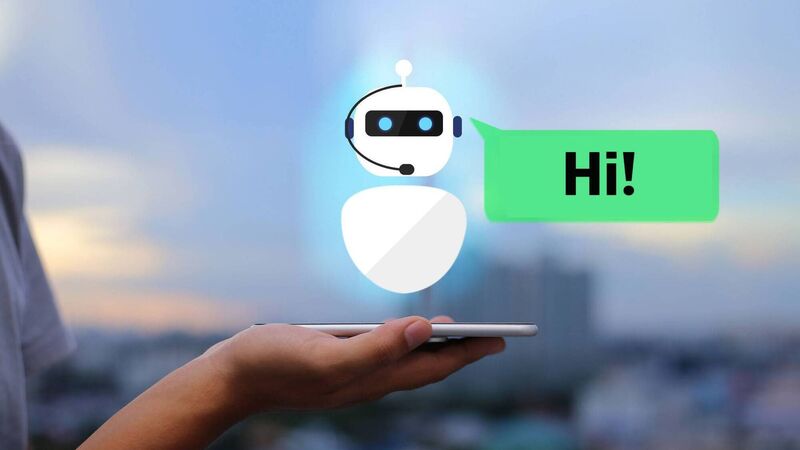Another warning about the AI apocalypse? I don’t buy it

There is both excitement and fear about this technology. Apocalyptic scenarios of AI similar to those depicted in the Terminator films should not blind us to a more realistic and pragmatic vision that sees the good of AI and addresses the real risks. Picture: iStock
AI tools like ChatGPT are everywhere. It is the combination of computational power and availability of data that has led to a surge in AI technology, but the reason models such as ChatGPT and Bard have made such a spectacular splash is that they have hit our own homes, with around 100m people currently using them.
This has led to a very fraught public debate. It is predicted that a quarter of all jobs will be affected one way or another by AI, and some companies are holding back on recruitment to see which jobs can be automated. Fears about AI can move markets, as we saw yesterday when Pearson shares tumbled over concerns that AI would disrupt its business.













